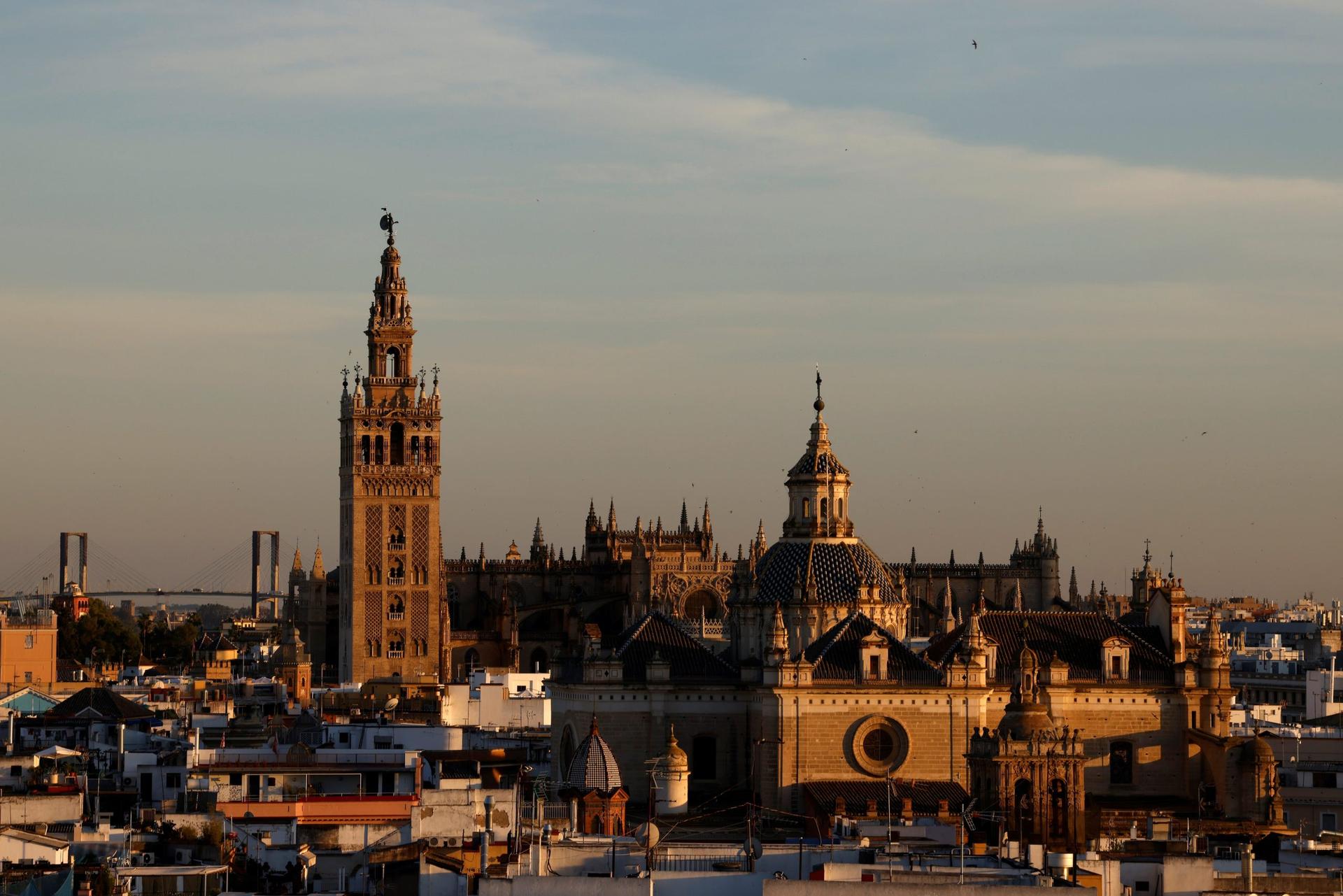ROME – On Dec. 2, a Rome-based Spanish journalist handed Pope Francis a journalistic inquiry of abuse allegations against 251 priests, arguably the largest investigation into clerical sexual abuse conducted in Spain to date.
On Sunday, Vatican spokesman Matteo Bruni sent out a statement to a group of journalists saying that the report had been sent to “the competent authorities” so that it can proceed according to the “canonical norms in force, opportunely updated in recent years.”
“The Holy Father has always insisted on his attention and closeness to the victims of abuse, with words, prayer and many gestures,” the head of the Vatican press office stressed in his message.
The Vatican has not specified to which “instances” it has forwarded the document documenting the abuses, but in virtually every case, sexual abuse against minors committed by a Catholic priest are investigated and tried by the Congregation for the Doctrine of the Faith.
Danuel Verdu, journalist of Spanish newspaper El Pais, handed Francis the report during the pontiff’s trip to Cyprus and Greece.
According to the newspaper, the investigation presented to the pope is “unprecedented” for the Church in Spain, as it includes allegations made against 251 members of the clergy and some lay people from religious institutions of sexual abuse against minors. The investigation was open in Oct. 2018.
The report was also given to Cardinal Juan Jose Omella, archbishop of Barcelona and president of the bishops conference, who immediately transmitted the report to the ecclesiastical court of Barcelona, where it was registered, to initiate the investigation.
The inquiries will have to branch out according to the competent ecclesiastical entity, since they affect 31 religious orders and 31 dioceses.
Several unnamed sources consulted by Spanish news outlets not related to El Pais argued that victims and survivors went to the newspaper, but not the Church, making any a priori response to the accusations virtually impossible. For instance, Catholic weekly Vida Nueva spoke of a lack of “fair play,” quoting a source arguing that when the El Pais did reach out, they ignored requests to be bridges between the institution and those making the allegations.
This helps explain why the bishops conference detached itself from the investigation, saying that though they encourage the reporting by victims of clerical sexual abuse and welcomes initiatives that seek to end the problem, “greater rigor” would have been desirable from El Pais, one of Spain’s major newspapers.
“It would be desirable that the accusations contained in the aforementioned report have greater rigor, since its content, very disparate in nature, makes it difficult to draw conclusions that could serve a possible investigation. Especially when the names of the accused are missing, the years in which the abuses occurred or refers to deceased persons,” the conference said in a statement.
The paper has not published in full its findings from a three-year investigation, but Verdu gave a 385-page dossier to Pope Francis. The number of victims is at least 1,237 but could rise into the thousands, the paper said. The oldest case dates back to 1942 and the most recent to 2018.
In their statement, the bishops also argue that it is “necessary” that the same information delivered to the pope and Omella “is also given to the offices for the protection of minors and prevention of abuse that are in the dioceses and religious congregations to be able to carry out the investigation that would be appropriate according to the information received.”
The Spanish bishops’ conference also says that the report lacks data such as “names of the accused” or “years in which the abuses occurred.”
Although the report doesn’t contain the personal information of the alleged victims, El Pais has claimed that it has made itself available to the Vatican to facilitate contact with those affected so that they can testify if they so wish.
The conference also stated that “all initiatives of institutions and media that help to end the scourge of sexual abuse committed against minors or vulnerable people in the Church or in society” are, “in principle, a good collaboration.”
The prelates close their message insisting on “the importance of denouncing abuses” and encouraging “all victims to present their complaints to the juridical, canonical or social institutions that best suit their wishes.”
Follow Inés San Martín on Twitter: @inesanma













